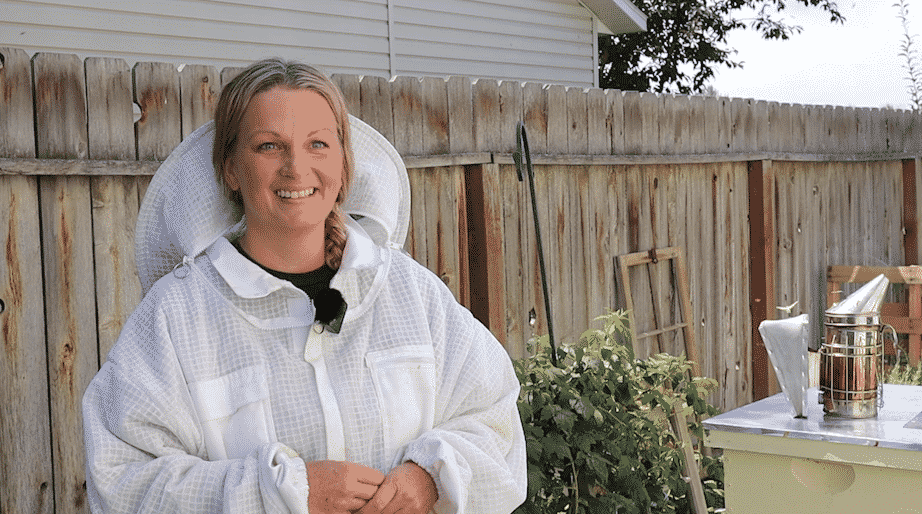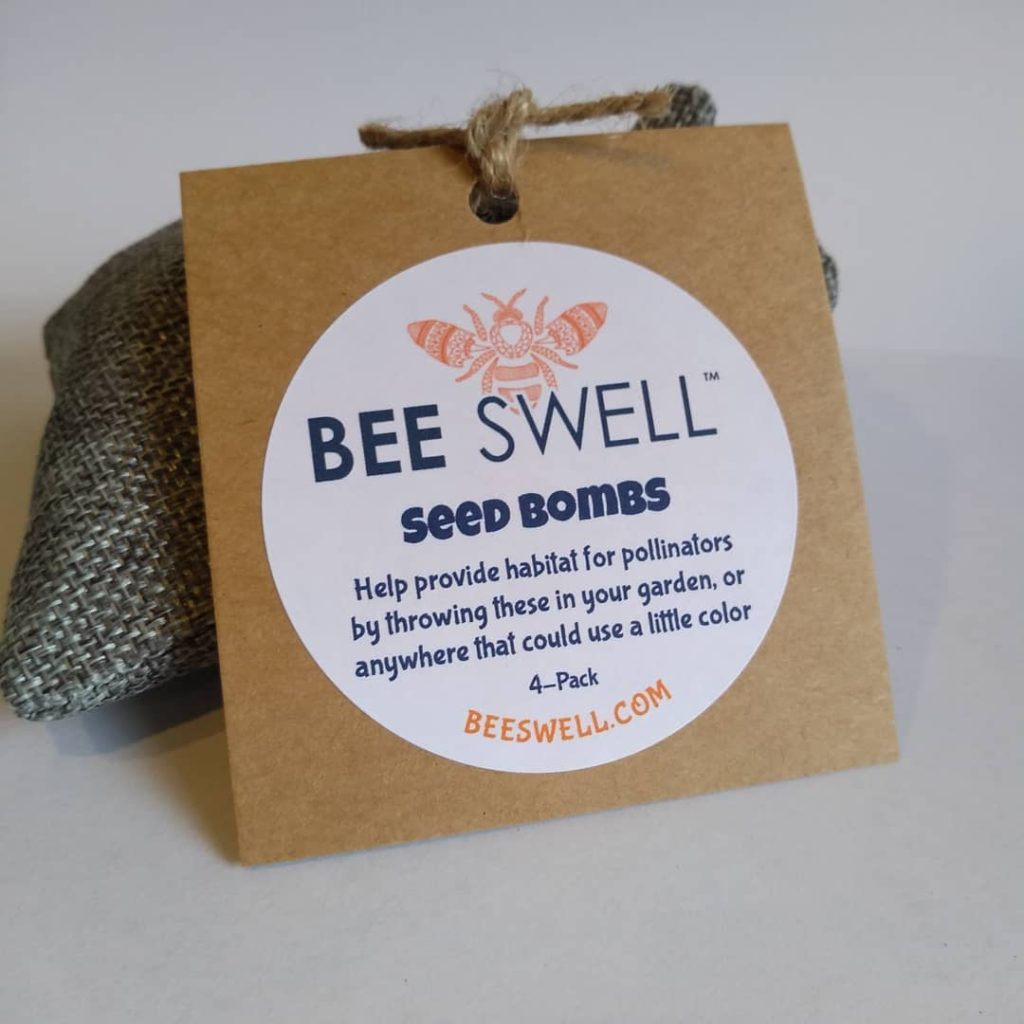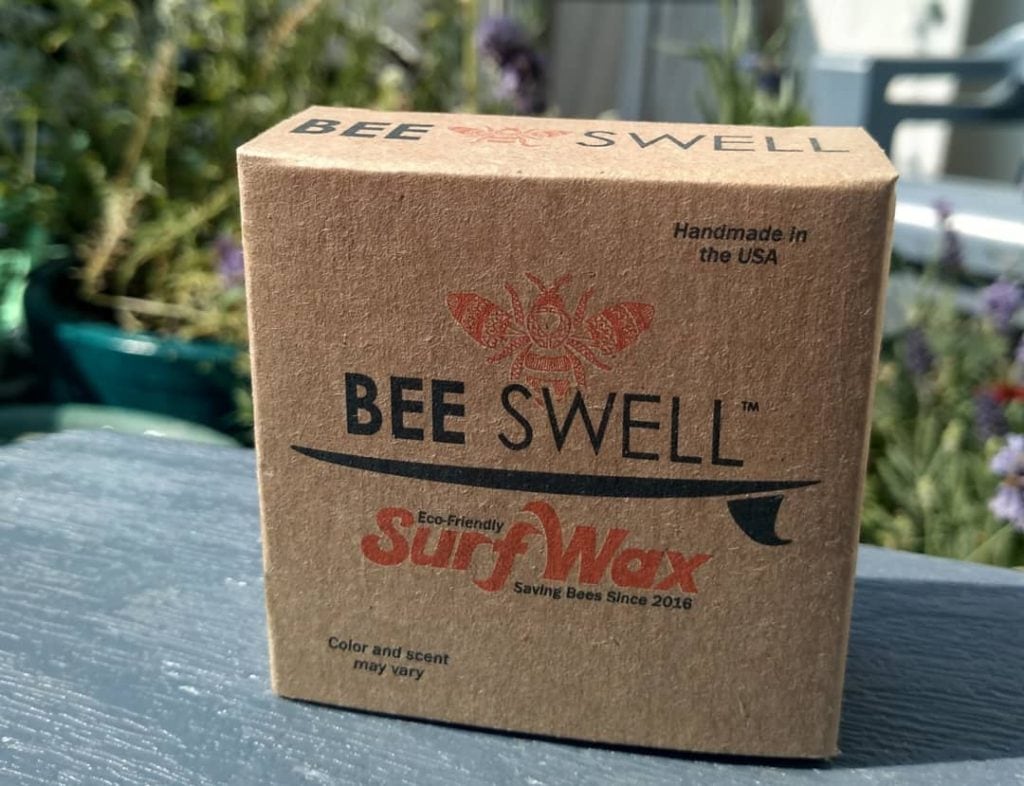
It’s not everyday you meet someone with plans to save the world. Much less someone who wants to save the world by saving bugs.
And then you meet Nikki Macredes, an Idahoan beekeeper with an absolute passion for bees.
Just ask her what the bee obsession is all about and you’ll get an answer like this:
My mission right now is to save as many bees as I can.
Nikki didn’t grow up loving bees. In fact, she had the same reaction to them most of us still do.
“I was scared of bees and I didn’t really know how gentle they were until we started picking them up and started saving them,” she said.
Yes, you read that correctly. Nikki and her daughter would find bees close to death, dying of thirst, and she would take them home to feed them sugar water until they recovered.
Her bee-saving work coincided with a unique experience Nikki shared with a bee.
“One day I was sitting in my backyard and this honeybee just hovered in front of my face for 15 to 20 seconds. It was like she was checking me out and trying to tell me something,” Nikki said.
After that, Nikki was hooked on bees.
“I knew that one out of every three bites we eat depends on the bees. I knew we were losing a third of our colonies and every year beekeepers were losing bees like crazy and I wanted to be part of helping to save them and to raise awareness so people know how important they are,” Nikki said.
So she started her company, Bee Swell. As owner, not only does she work to educate people about the importance of bees but she also rescues bees.
“We want to raise awareness to let people know if you see a swarm in your yard, call a beekeeper. We will come out for free and rescue the bees. We don’t want them to be sprayed. We want to save every bee that we can,” Nikki said.
Bee Swell also sells eco-friendly surf wax made from beeswax and honeybee wildflower seed mixtures called ‘seed bombs’ that will sprout wildflowers in your backyard.

Seed Bomb 
Surf Wax
Nikki is hopeful her message will resonate with people and she can help them to understand just how much bees do.
“The cotton from our clothes, the alfalfa that feeds the cows, all of that is pollinated by bees. It’s more than just what we eat, it’s our whole ecosystem,” Nikki said.
While there are many reasons and theories for the disappearance of bees in our world, Nikki says pesticides play a large role. She asks people to avoid spraying plants, including dandelions, with toxic pesticides.
“What happens is the bees land on that flower and they end up taking in the poison, bringing it back to the hive, because they’re giving this food to the whole colony and you can kill a whole colony,” she said.
Nikki estimates she has maybe 70,000 bees in her bee boxes in her back yard in Middleton, Idaho. Her plan is to grow the business and eventually move to a larger piece of land where she can create a pollinators sanctuary for even more bees to thrive.
She says she never guessed her life would be put on this trajectory, but she couldn’t be happier about it.


